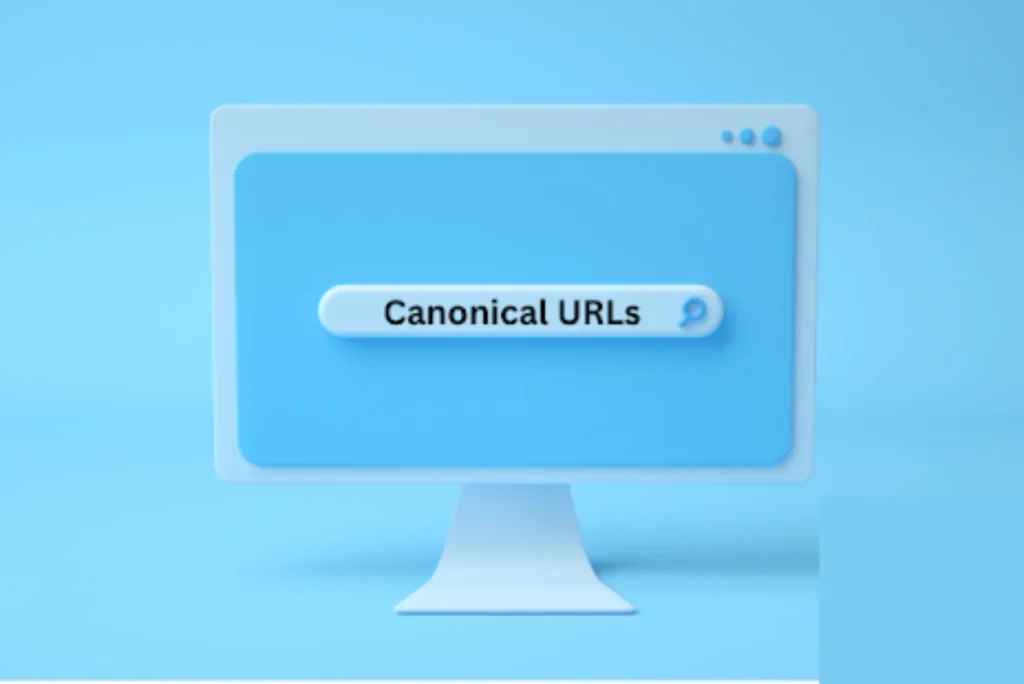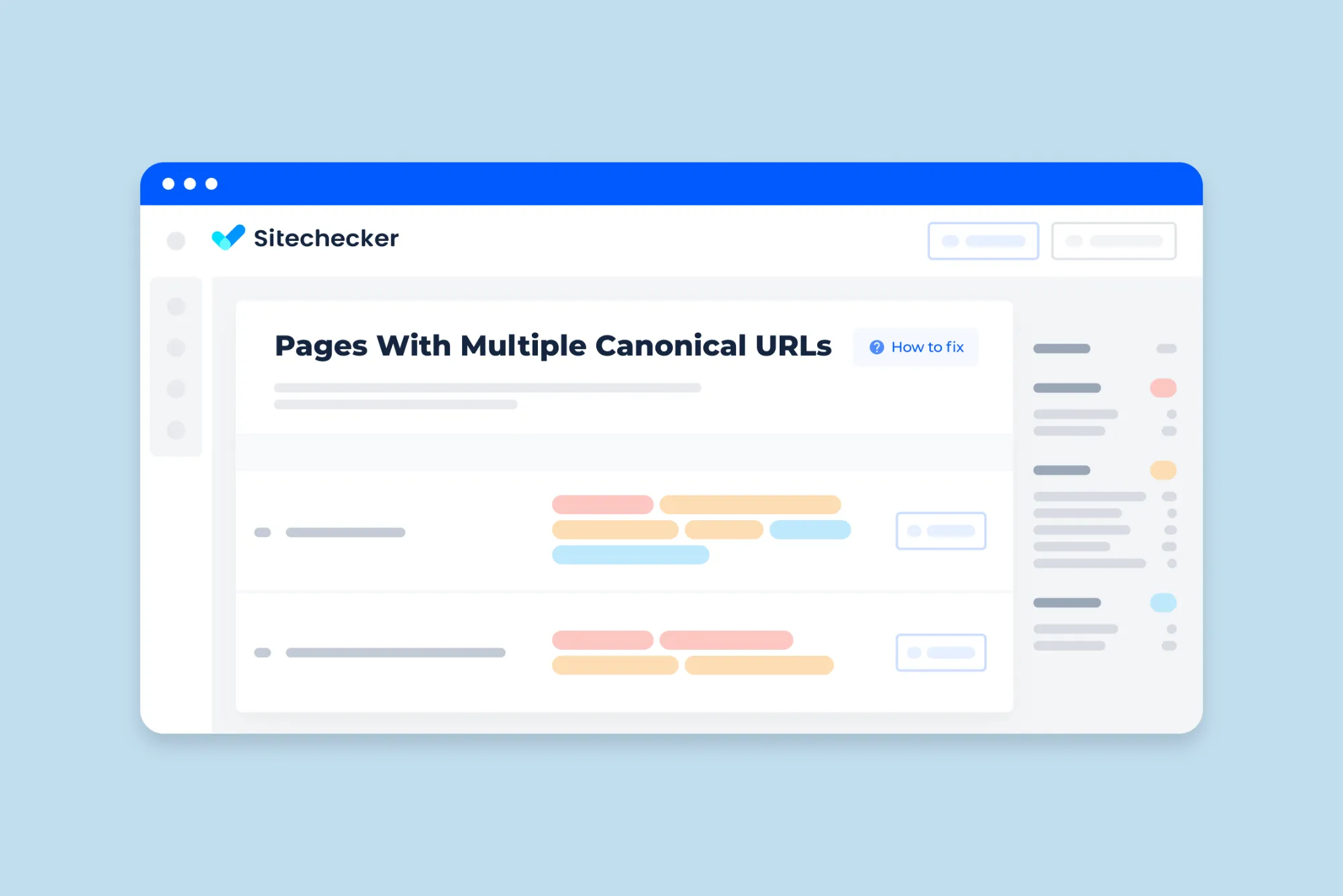What is Canonical URL in SEO
Canonical URL, also known as canonical tag or rel=canonical, is an HTML element used to specify the preferred version of a web page among multiple versions with similar or identical content. In SEO, canonical URLs play a crucial role in resolving duplicate content issues and consolidating link equity to improve a website’s search engine rankings. In this comprehensive guide, we’ll explore the importance of canonical URLs in SEO, how they work, and best practices for implementing them effectively.
Importance of Canonical URLs
Canonical URLs are important for several reasons. Firstly, they help prevent duplicate content issues that can arise when the same content appears on multiple URLs within a website or across different websites. Duplicate content can dilute the authority and relevance of a website in the eyes of search engines, leading to lower rankings and decreased visibility in search results. By specifying the canonical URL, website owners can consolidate link equity and ensure that search engines index and rank the preferred version of the content.
How Canonical URLs Work
Canonical URLs work by instructing search engines to treat multiple URLs with similar or identical content as a single, preferred version. When a search engine encounters a canonical tag on a web page, it consolidates the link equity (i.e., backlinks and authority) from all versions of the content and attributes it to the canonical URL. This helps prevent duplicate content issues and ensures that the preferred version of the content is indexed and ranked in search results. What is Canonical URL in SEO Canonical URLs can also be used to consolidate similar or related pages with thin or duplicate content into a single, authoritative page.

Implementing Canonical Tags Effectively
To implement canonical tags effectively, follow these best practices:
- Identify Duplicate Content: Conduct a thorough audit of your website to identify instances of duplicate content, including duplicate product pages, URL parameters, and syndicated content.
- Choose the Preferred URL: Determine the preferred URL for each piece of duplicate content based on factors such as relevance, authority, and user experience. This should be the canonical URL that you want search engines to index and rank in search results.
- Insert Canonical Tags: Insert a canonical tag in the <head> section of each duplicate page, specifying the canonical URL as the preferred version. Use the rel=canonical attribute to indicate the canonical URL, like this: <link rel=”canonical” href=”https://www.example.com/preferred-url”>.
- Verify Implementation: Use tools like Google Search Console or third-party SEO auditing tools to verify that canonical tags are implemented correctly and that search engines are recognizing the preferred version of the content.
By implementing canonical tags effectively, you can consolidate link equity, prevent duplicate content issues, and improve the overall search engine optimization of your website.
In conclusion, canonical URLs play a crucial role in SEO by resolving duplicate content issues and consolidating link equity to improve a website’s search engine rankings. By specifying the preferred version of content with canonical tags, website owners can ensure that search engines index and rank the most relevant and authoritative version of their content in search results. By understanding the importance of canonical URLs and implementing them effectively, you can enhance the visibility and performance of your website in organic search.
Tawakkal Typing
Tawakkal Typing services offer a seamless solution for all your typing needs. Whether you require documents, reports, or correspondence typed accurately and efficiently, Tawakkal Typing ensures prompt and professional service. With a team of skilled typists proficient in various languages and typing styles, you can trust Tawakkal Typing to deliver exceptional results, allowing you to focus on what matters most—your business. Experience the convenience and reliability of Tawakkal Typing services today.
SEO Audit
An SEO audit is a comprehensive analysis of a website’s search engine optimization performance, including on-page and off-page factors, technical issues, and overall site health. The purpose of an SEO audit is to identify areas for improvement and develop a strategic plan to optimize the website for better search engine rankings and visibility. During an SEO audit, various aspects of the website are evaluated, including:
On-Page Optimization
Assess the quality and relevance of on-page elements such as content, meta tags, headings, and internal linking structure. Identify opportunities to optimize content for target keywords and improve overall on-page SEO.
Off-Page Factors
Evaluate the website’s backlink profile, including the quantity, quality, and relevance of inbound links from other websites. Identify opportunities to acquire high-quality backlinks and improve the website’s authority and credibility.
Technical Issues
Identify technical issues that may affect the website’s crawlability, indexability, and user experience. This includes issues such as broken links, crawl errors, duplicate content, site speed issues, and mobile-friendliness.

Site Structure and Navigation
Evaluate the website’s site structure and navigation to ensure it is intuitive and user-friendly. This includes analyzing URL structure, site architecture, and internal linking to improve crawlability and user experience.
Keyword Research and Targeting
Conduct keyword research to identify relevant keywords and phrases that users are searching for in search engines. Assess the website’s current keyword targeting strategy and identify opportunities to optimize content for target keywords.
By conducting an SEO audit, website owners can gain valuable insights into their website’s strengths and weaknesses and develop a strategic plan to improve its search engine optimization performance. Regular SEO audits are essential for maintaining and optimizing a website’s visibility and rankings in organic search results.

